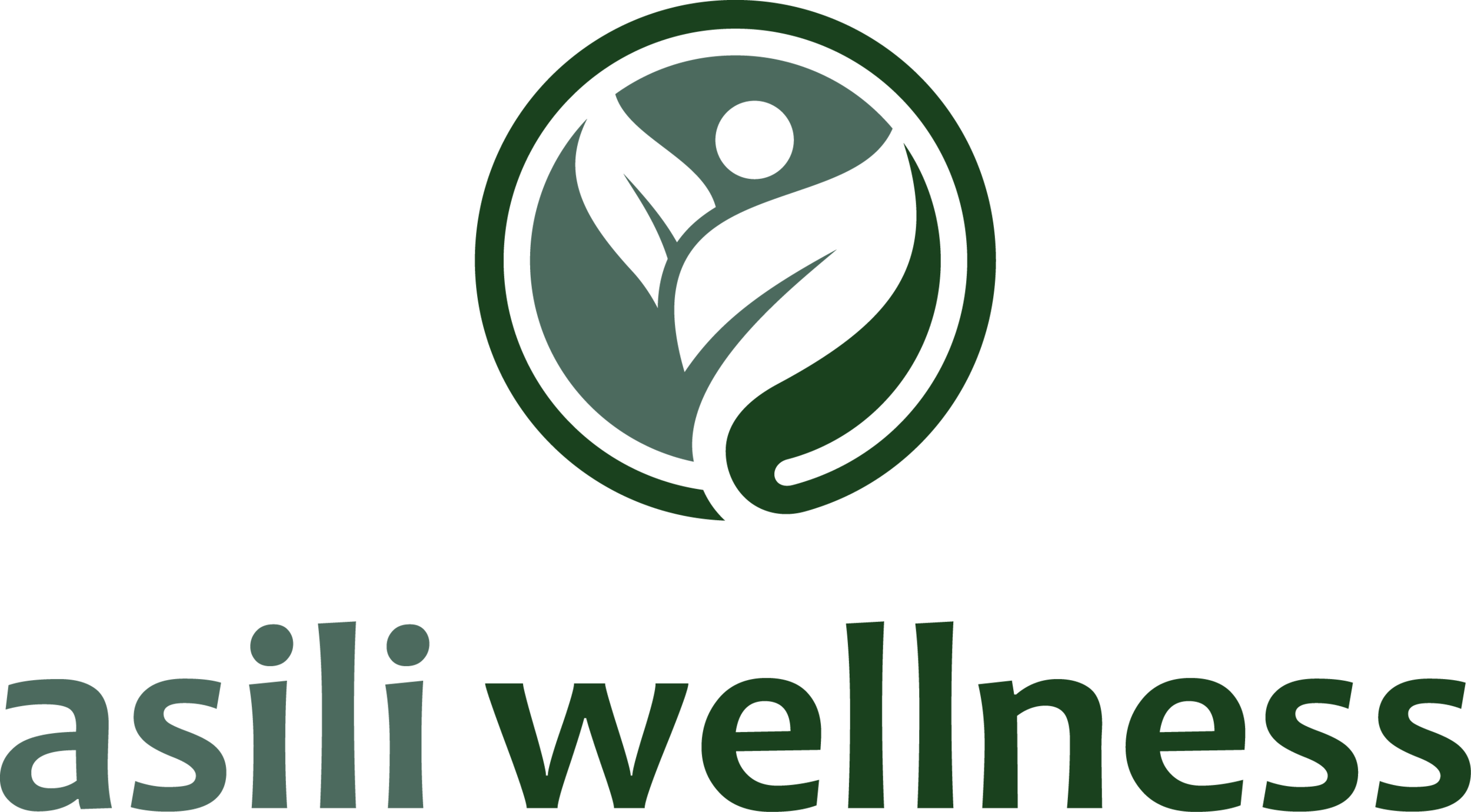Embracing Meditation & Mindfulness: Dive Into the Moment!
“Meditation is the most significant because it opens the door for all other significant things: love, prayer, God, light, music, poetry.”
- Bhagwan Shree Rajneesh
Let’s dive into the transformative world of mindfulness and see how it can sprinkle a little magic into our daily lives. Mindfulness is about openly greeting our thoughts and feelings—no judging, just experiencing! After all, they’re just visitors passing through. So, let’s uncover the incredible benefits of meditation and how it can help us truly savor every moment.
What is Mindfulness?
Mindfulness is your ticket to being fully present in the here and now! It’s all about immersing yourself in each moment, breathing intentionally, and anchoring yourself in the present.
How Can We Bring More Awareness into Our Day?
A fantastic way to start is by carving out a bit of time every day for meditation—keep it simple and consistent! The more we commit to being aware and engaged in whatever we do, the more vibrant life becomes!
Why are Mindfulness and Meditation Essential?
Practicing mindfulness allows us to dive into life’s richness! It sharpens our focus, helps us discover what truly matters, and cuts through the noise of everyday distractions. Most importantly, it teaches us to listen to ourselves compassionately, embrace every moment, and celebrate life’s pleasures.
While meditation isn’t a magic wand, it can do wonders in our quest to navigate the tricky waters of uncertainty and anxiety. It catches anxious thoughts, empowering you to respond with grace. It also shines a light on feelings that might stay hidden.
Meditation disrupts the cycle of unhelpful thinking by gently guiding your awareness back to your body and breathing. It cultivates a sense of calm, reminding you that everything is okay here and now. Mindfulness and meditation also help you maintain peace, even when it’s time to take action.
Getting Started with Meditation
(1) Choose Your Moment
Tie your meditation practice to a daily routine, like right after your morning coffee or a shower.
(2) Set a Reminder
Use your phone or calendar to give you a nudge, and place little notes where you’ll see them. Remember, it’s normal to forget at first—just be gentle with yourself!
(3) Start Small—Just a Minute!
Find a cozy spot, set a one-minute timer, and meditate. Starting small makes expanding your practice manageable and straightforward over time.
(4) Focus on Your Breath
Spend those few moments paying attention to your breath. When your mind wanders—which it will!—acknowledge it and kindly bring your focus back.
When the timer goes off, take a moment to appreciate yourself for carving out this time. Celebrate this small yet impactful practice!
Final Thoughts
Mindfulness can initially feel challenging, but I encourage you to stick with it! Over time, nurturing an awareness of the present moment can lead to beautiful transformations in your life, helping you reconnect with yourself in extraordinary ways. Enjoy the journey—it’s going to be amazing!
“Mindfulness is a way of befriending ourselves and our experience.”
― Jon Kabat-Zinn
Shop Products
Call, email, follow, or shop today to start your journey!
Peace & Wellness, Dr. Nicole













